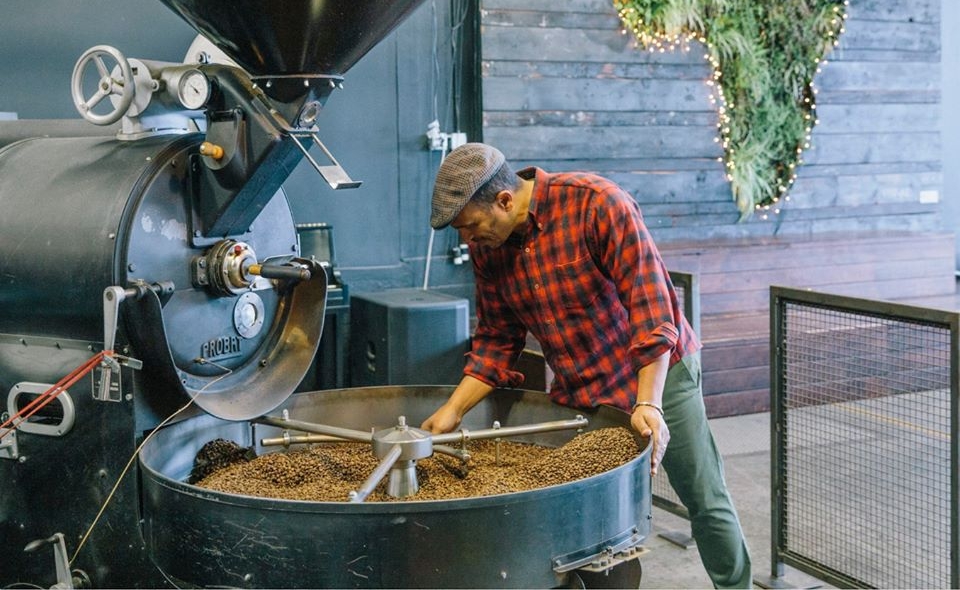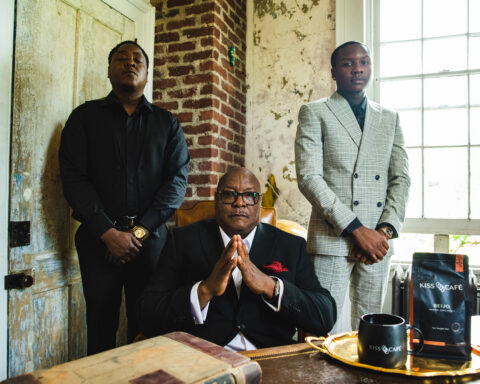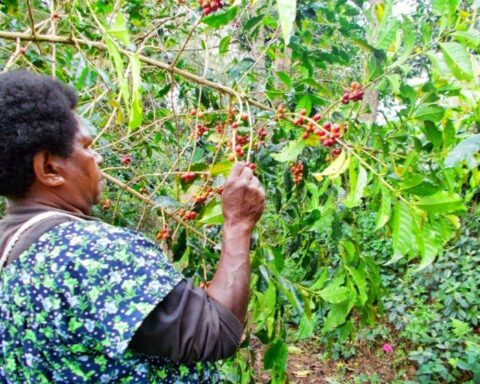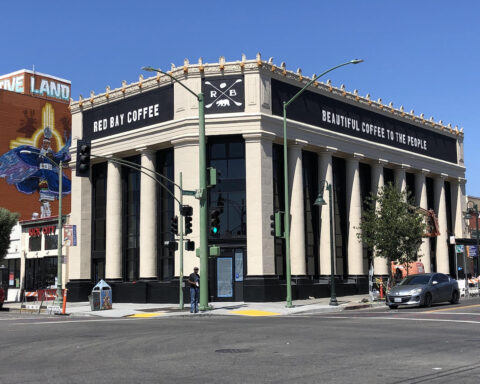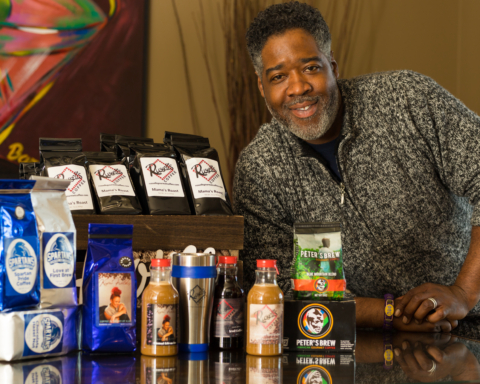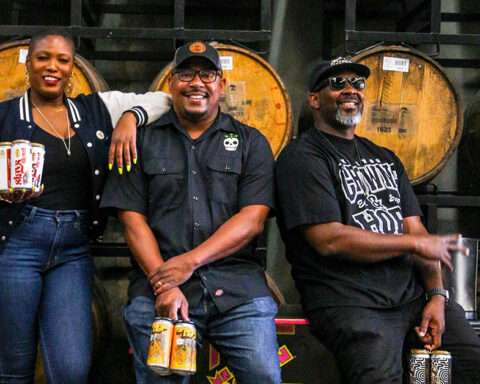With so many people forced to stay at home because of the pandemic, Red Bay Coffee, a Black owned coffee business with six retail outlets and a roasting plant, is seeing a huge spike in e-commerce coffee sales.
In fact, Keba Konte, the owner and founder of Red Bay Coffee, located in Oakland, California, said e-commerce sales have spiked a whopping 350% (not a typo). Previously, that was the smallest segment of its various revenue streams.
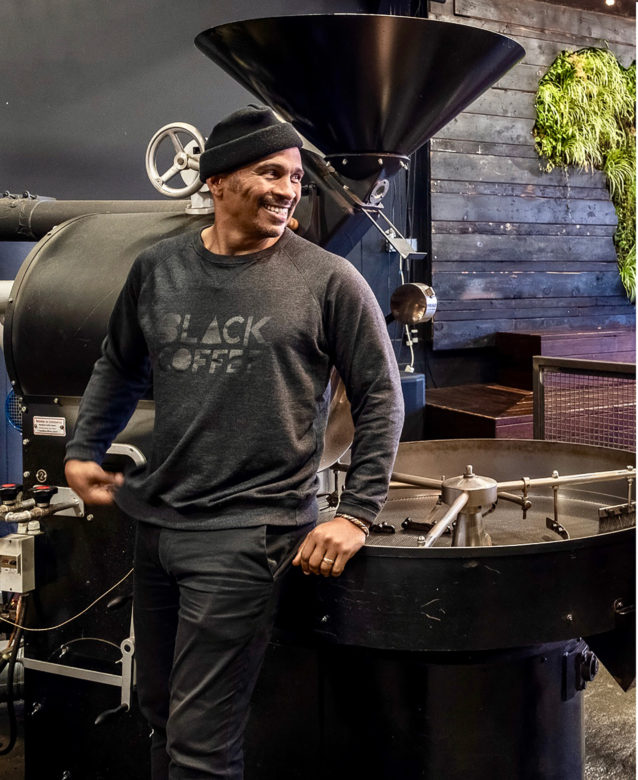
The spike stems from the fact that much of its Silicon Valley audience is now drinking coffee at home and having their coffee beans shipped directly to them.
“Then there’s another group who were drinking our coffee at our cafés, and we had to close most of them,” Konte added. They too have turned to having their coffee beans shipped.
Its six cafes normally generate about 35% of its overall revenue, but that has dipped considerably. Moreover, grocery sales are also up, though he laments that it’s always a challenge breaking into new supermarkets.
About 17% of its overall sales stem from supermarkets including Whole Foods and Safeway. It’s also sold on Amazon AMZN and CoffeeGoGo, and 95% of its sales stem from people from California.
Its six retail stores including three in Oakland, two in San Francisco, and one in Richmond, California, were all shut down for a time. But two in Oakland have reopened for curbside dining and mobile orders.
Its coffee is roasted in its plant, adjacent to one of its Oakland retail stores. Its two largest selling coffees are King’s Prize, a single-origin Ethiopian coffee and East 14th, a Tanzanian coffee named after a large street in Oakland in a tough neighborhood that was renamed International Boulevard.
At that retail store in Oakland, it also has a 7,000-square foot venue where it offered events such as live music, films, and held weddings, in what Konte described as an “industrial chic design.”
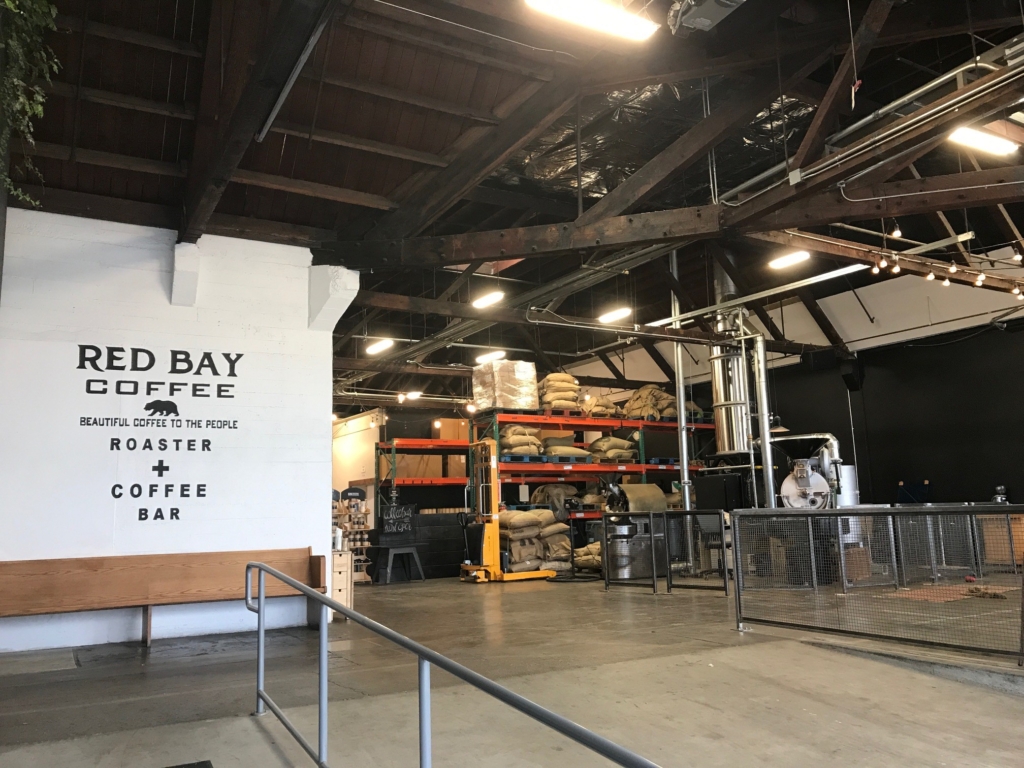
“We did 250 events last year,” said Konte, who is 53-years-old. All have been forced to close because of social distancing rules due to the pandemic crisis.
The pandemic has scaled back its business, other than e-commerce sales. “Our office coffee service shut down overnight, the events came to a screeching halt, and the cafes all shut down,” he noted.
One innovative move of Konte’s was introducing a mobile van coffee service, prior to the pandemic striking. “Half of that was luck,” he acknowledged, “and half of it was having the foresight to understand the value of a mobile option.”
He’s been parking it near heavily trafficked supermarkets such as Costco and Trader Joe’s and business is booming there. “It’s been a lifeline and great brand exposure,” he said.
Moreover, he expanded what it sold on the van beyond coffee to include cases of its tea products and cartons of oat milk. “We sold it through six-foot distances and cashless transactions on the van, “he said.
He’s already acquired a second van and is looking into launching it this summer.
He’s also introduced bulk sales via e-commerce. For example, its five pound-bags of coffee are selling very well as people stock up with groceries at home.
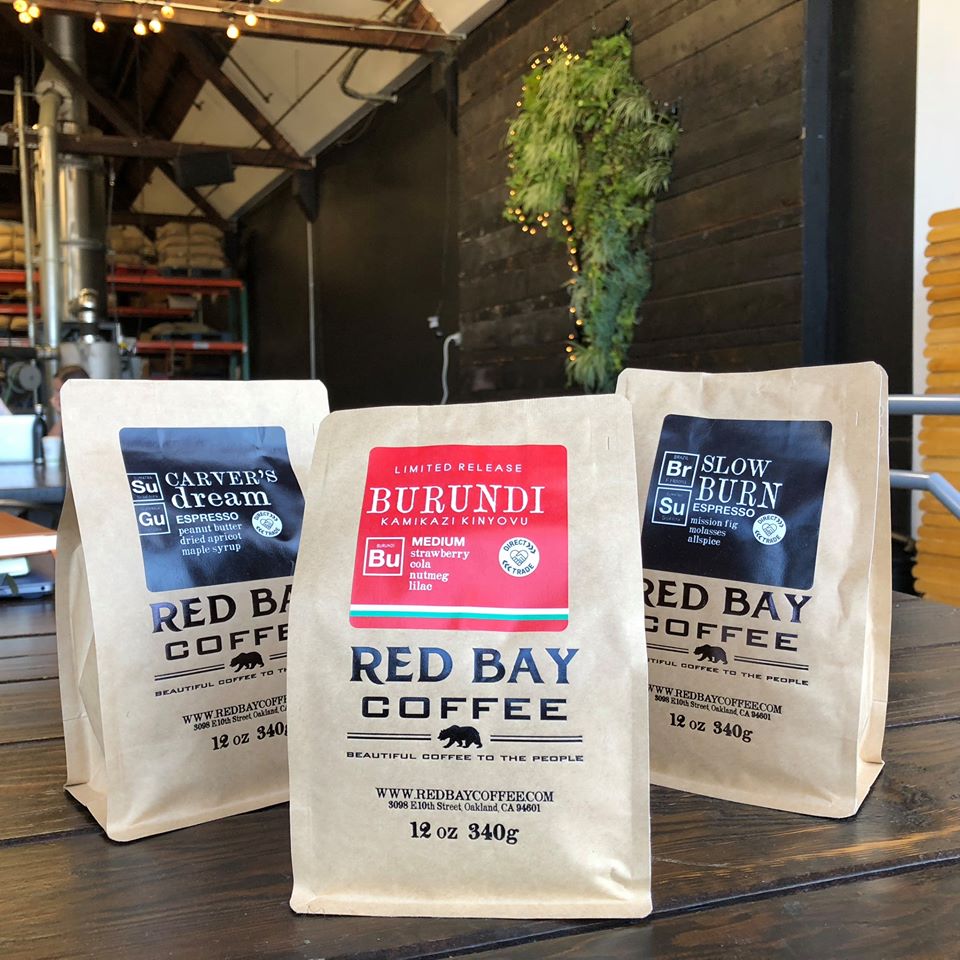
Konte has a varied coffee background. He founded Guerilla Café in North Berkeley, California in 2006 and spearheaded serving Blue Bottle Coffee, now a well-known national chain.
But what Konte really wanted to do was start his own coffee company. He launched Red Bay Coffee in 2014 because he wanted to bring “specialty coffee to a more accessible, broader, more diverse audience previously not catered to.”
Konte thought it was important for an African-American-owned coffee company to thrive. “Coffee is Africa’s gift to the world. It originated in Ethiopia. Coffee is, in a sense, our heritage,” he pointed out.
Red Bay Coffee, he noted, is one of the few coffee companies in the U.S. that is “marketing to African American people.” On its social media sites, about 60% of its followers are African-American women, and approximately 50% of its traffic at retail stores is African-American customers.
Raising enough money to start it required ingenuity and fortitude. Eventually, Konte raised $7 million through a combination of bootstrapping, crowd funding through Kickstarter and WeFunder, convertible notes from angel investors, and most recently, venture capital funding.
At its height, Red Bay Coffee had 70 employees, but when the pandemic curtailed business, it cut back to 20 employees. When the pandemic hit and stores closed, retail sales plummeted 85% but with some reopened, it’s down about 40%, he said.
The pandemic has forced it to become more efficient than in the past. “In the future, we have the muscle to push ourselves into various channels, and yet we’re still small enough to be nimble to adapt to the current environment,” he said.
Source: FORBES
Related: Black Owned Coffee and Tea Businesses
Follow us on Facebook and Instagram (@shoppeblack)

